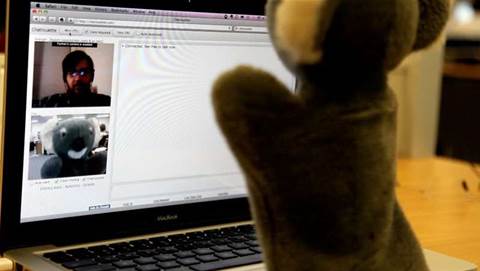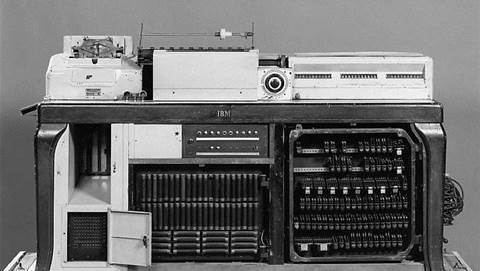The Large Hadron Collider (LHC) is preparing its biggest test yet on March 30th.
For the last ten days the LHC has been accelerating twin particle streams and they are now reaching 3.5 trillion electron volts, a world record. Tomorrow the two streams will be guided into each other and the ensuing collision mapped and recorded, although the operators say this could take some time.
“With two beams at 3.5 TeV, we’re on the verge of launching the LHC physics programme,” explained CERN’s director for Accelerators and Technology, Steve Myers.
“But we’ve still got a lot of work to do before collisions. Just lining the beams up is a challenge in itself: it’s a bit like firing needles across the Atlantic and getting them to collide half way.”
The problems will come from trying to direct the streams using huge super-cooled magnets. It was the failure of the cooling system for these magnets is what shut down the LHC when it first started operating.
The LHC has been designed to detect the so-called Higgs boson, which, it is theorised, is vital to imparting object with mass. Professor Stephen Hawking and others postulate that the Higgs boson does not exist and the LHC is an attempt to settle the question once and for all, and provide vital data on the conditions at the start of the universe.
The project has not been without its detractors however. The project has been accused of having the potential to destroy the planet or allow time travel but the scientists operating it are confident the LHC is safe.




_(28).jpg&h=140&w=231&c=1&s=0)






 iTnews Benchmark Awards 2026
iTnews Benchmark Awards 2026
 iTnews Executive Retreat - Security Leaders Edition
iTnews Executive Retreat - Security Leaders Edition
 iTnews Cloud Covered Breakfast Summit
iTnews Cloud Covered Breakfast Summit
 The 2026 iAwards
The 2026 iAwards











_(1).jpg&h=140&w=231&c=1&s=0)



